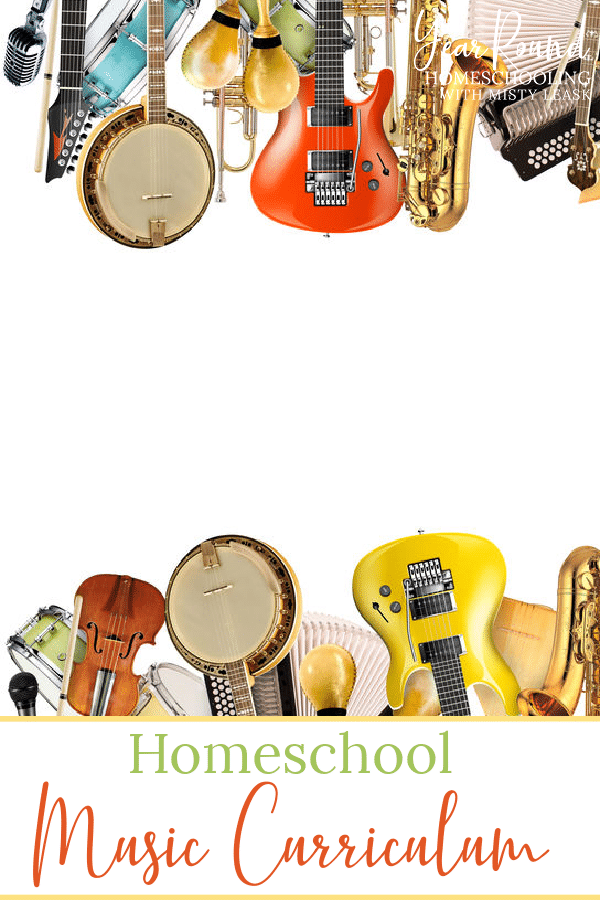Harmonious Learning: Home Schooling Music Classes

Harmonious Learning: Nurturing Talents Through Home Schooling Music Classes
Embarking on the journey of home schooling provides a unique opportunity to cultivate musical talents and appreciation through tailored music classes. In this exploration, we delve into the dynamic world of home schooling music education, emphasizing the importance of personalized learning, the integration of music across disciplines, and the development of a lifelong love for music.
Personalized Music Education: Tuning into Individual Talents
One of the key advantages of home schooling music classes is the ability to provide personalized education tailored to individual talents. Recognizing that each student has unique musical interests and aptitudes, educators can customize lessons to suit the learner’s preferred instruments, genres, and pace. This personalized approach not only enhances skill development but also fosters a deep connection to the joy of making music.
Integration of Music Across Disciplines: A Harmonious Blend
Home schooling allows for the seamless integration of music across various disciplines, creating a harmonious blend of arts and academics. Educators can incorporate music into history lessons, literature studies, and even mathematics, providing a multidimensional learning experience. This interdisciplinary approach not only enriches the educational journey but also demonstrates the interconnectedness of different fields through the universal language of music.
Exploration of Diverse Musical Genres: Broadening Musical Horizons
In home schooling music classes, students have the freedom to explore a diverse range of musical genres. From classical compositions to contemporary pop, jazz improvisations to folk traditions, the curriculum can span across various styles. This exposure not only broadens musical horizons but also instills an appreciation for the rich diversity of musical expressions around the world.
Hands-On Instrumental Learning: Playing the Melody of Education
Instrumental learning is a central component of home schooling music classes, allowing students to play the melody of their education. Whether learning the piano, guitar, violin, or any other instrument of choice, hands-on experiences contribute to a deeper understanding of musical concepts. The joy of creating music firsthand enhances the overall learning experience and fosters a lifelong passion for playing instruments.
Vocal Training and Choral Opportunities: Fostering Artistic Voices
Home schooling music classes encompass vocal training and choral opportunities, fostering the development of artistic voices. Students can explore the nuances of singing, learn vocal techniques, and participate in choral ensembles. These experiences not only contribute to musical skill-building but also provide a sense of camaraderie and the joy of collaborative music-making.
Music Technology Integration: Bridging Tradition and Innovation
The integration of music technology is a hallmark of modern home schooling music classes, bridging the gap between tradition and innovation. Students can explore digital music composition, recording techniques, and use software to enhance their understanding of music theory. This technological dimension not only aligns with contemporary learning methods but also prepares students for the evolving landscape of the music industry.
Composer Studies and Music History: Tracing Musical Narratives
Home schooling music classes often include composer studies and music history, allowing students to trace the narratives of musical evolution. Exploring the lives and works of

64be9b29b5881.jpg)




